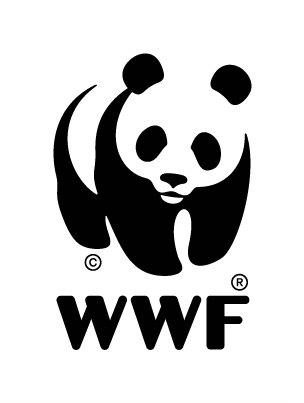In Hong Kong, the main sources of electricity and gas supplies are non-renewable fossil fuels, including oil and coal, whose combustion releases greenhouse gases and pollutes the atmosphere. The air pollution caused by burning fossil fuels tends to increase the incidence of cardiovascular diseases, asthma, lung cancer, and cognitive disorders. Living more sustainably, such as by turning off unused lighting, installing energy-efficient appliances, using a simmer burner instead of an oven for food preheating, and reducing the use of air conditioning, can reduce energy generation using fossil fuels, hence improving air quality and public health. Moreover, saving energy bills by using energy-efficient devices can allow residents, particularly those with lower incomes, to purchase better ventilation systems or health care services, which can enhance their quality of life and personal health.
On top of that, conserving water through sustainable living practices helps ensure its availability for the necessities, including drinking and sanitation, of a wider population and reduces related health risks. According to the World Health Organization, polluted water can lead to the transmission of waterborne diseases, namely polio, diarrhea, hepatitis A, dysentery, typhoid, and cholera. Unsustainable water management also increases people’s exposure to infections and preventable diseases when water-requiring hygiene practices cannot be carried out under water-stressed circumstances. Therefore, saving water for drinking and sanitation can reduce the risk of waterborne diseases and promote better overall hygiene and health.
References:
GovHK (www.gov.hk). GovHK: Saving Energy. www.gov.hk. https://www.gov.hk/en/residents/environment/public/green/saveenergy.htm
American Council for an Energy-Efficient Economy. Saving Energy Improves Americans’ Health and the Environment. https://www.aceee.org/sites/default/files/ee-improves-environment.pdf
World Health Organization. Drinking water. World Health Organization. Published March 21, 2022. https://www.who.int/news-room/fact-sheets/detail/drinking-water
